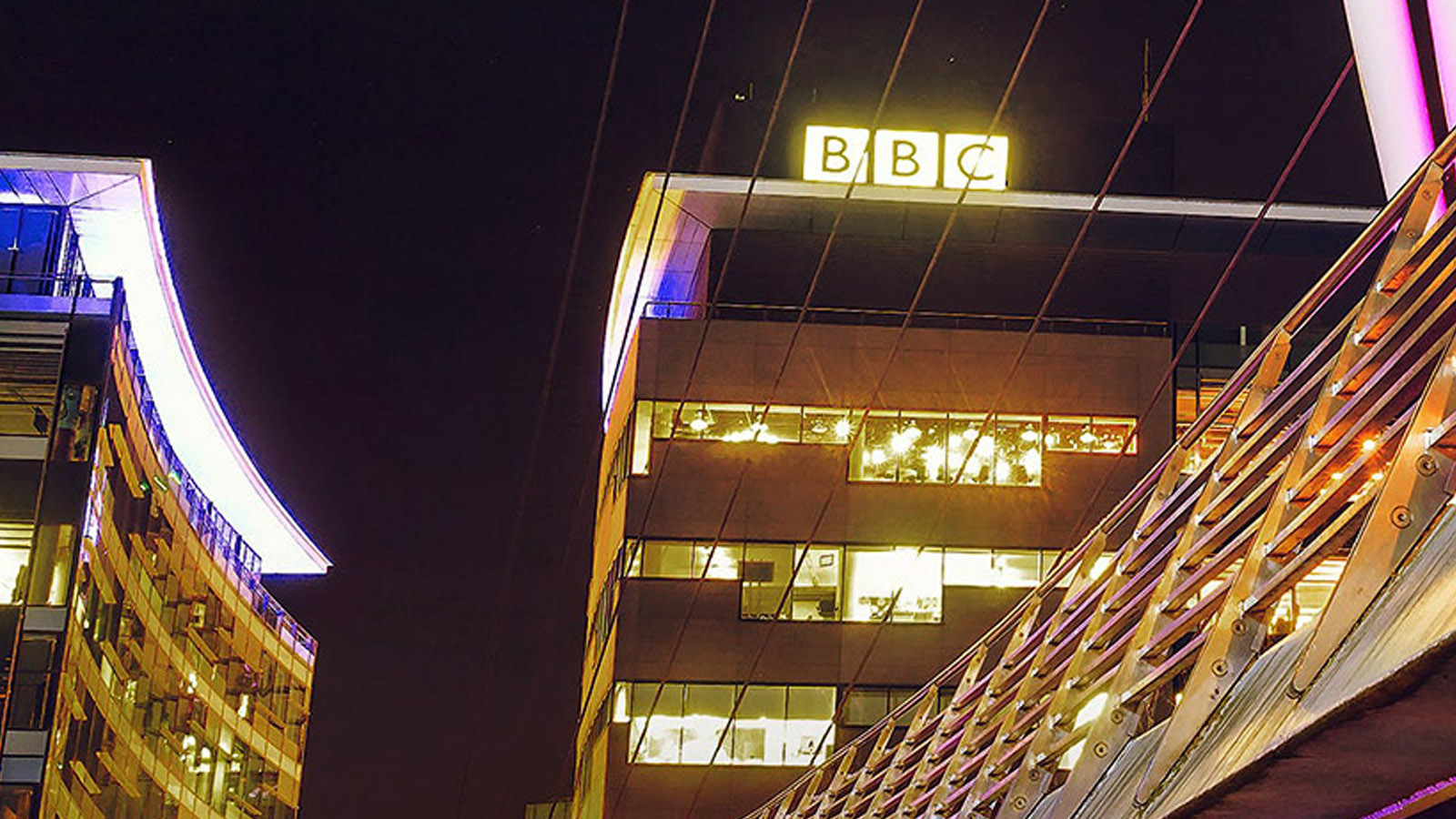READ: Media Reform Coalition submission to the DCMS BBC funding review
Last month the Department for Culture, Media and Sport quietly announced its review of the BBC’s funding model. This review will examine vital and urgent questions relating to how the BBC is funded and how it fulfils its core public service obligations in the future, with an emphasis on supporting “a funding model that is sustainable in the age of digital and on-demand media.”
Decide first, ask the public later
Yet despite the major implications for the future of the BBC and the needs of the audiences it serves, this DCMS review is taking place behind closed doors, without any public input or even basic parliamentary scrutiny. The review is not open to public submissions, instead inviting views only from “relevant stakeholders” and other government departments. Like so many major decisions on BBC policy over the last decade and more, this latest review is typical of the government’s ‘decide first, ask the public later’ approach.
If the next BBC Charter review in 2026-27 is anything like the last in 2015-16, any opportunity for genuine public debate and consultation about the future of the BBC will be predetermined by the ‘findings’ of these kinds of secretive reviews – with options for reform firmly set to favour the BBC’s commercial rivals and its political critics. The ‘expert panel’ put together by DCMS to advise its review is comprised almost entirely of figures from the commercial media sector, many of whom have been persistent opponents of public funding for the BBC. Notably, there is not a single representative of audience or licence fee payer interests – nor from the BBC itself – and none of the panel’s discussions will be made available to the public.
The terms of reference for the review further reveal the government’s preferred outcomes, asking how the BBC can “generate more commercial revenue” and provide “more services to audiences on a fully commercial basis”. In asking “how the BBC could transition to a new funding model”, it seems that DCMS has already decided exactly the sort of commercialised, under-funded and unaccountable future for the BBC it has in mind.
The realities of contemporary media economics demonstrate that any move towards a commercial funding model – such as advertising, subscription or a mix of public and private income – would not only undermine the BBC’s core public service objectives, but also significantly harm the viability and sustainability of the UK’s wider media landscape.
A progressive alternative for funding public media
READ: Media Reform Coalition submission to the DCMS BBC funding review
At the Media Reform Coalition, we have always been clear that the BBC’s current funding mechanism is wholly unsatisfactory. Although the licence fee creates an obligation on the BBC to serve the needs and interests of all audiences, it is also a regressive and anachronistic ‘flat tax’ charged irrespective of economic means on the basis of increasingly outdated viewing habits.
The means for evaluating and setting the value of the licence fee are also deeply undemocratic and beset by pervasive political interference. A long series of ad hoc, unilateral government funding settlements (frequently made for overtly political reasons) have undermined the BBC’s financial sustainability while further weakening its independence. Since 2010 cuts and freezes to the licence fee mean the BBC has suffered a 25% real terms cut in funding, resulting in ever greater consolidations and reductions in services across the BBC, most notably in news and local radio.
We need a radically reformed model of BBC funding that is independent, progressive and maintains the traditions of universal public service, while also acknowledging important differences in the ability of households to contribute. As we recommend in our Media Manifesto 2024, the TV licence fee should be replaced with a ‘universal household levy‘, collected through council tax and offering concessionary rates on the basis of relevant household exemptions.
A future funding model must also be wholly independent of unaccountable government control and political interference. The power to evaluate and set the level of the BBC’s public income should be transferred to a new independent body, such as a ‘Public Media Monitor’, which would be tasked with evaluating the financial needs of the BBC and determining a long-term funding settlement. This would also ensure that the BBC’s funding is properly ring-fenced and universal, in contrast to a tax-based model controlled by government or commercial models shaped by the interests of the largest or wealthiest audiences.
A more democratic, diverse and independent public service media
The BBC’s current funding model is beset by serious political and financial failings, yet it is not the only element of our public media system in dire need of systemic and progressive reforms. For decades the UK’s public service broadcasting ecology has been weakened by commercialisation, deregulation, ineffective oversight and a total absence of democratic decision-making. The BBC and Channel 4 have grown more risk-averse in their programme-making and their strategies are increasingly disconnected from the publics they are supposed to serve.
We need radical reforms to transform the old models of public service broadcasting into a progressive system of public service media. Instead of attacking, undermining and cutting away at the foundations of media in the public interest, future governments will need to empower our valued media institutions to adapt to the emerging media landscape, enshrine universal provision as a public good and create new democratic mechanisms for funding, regulating and governing our public media.



